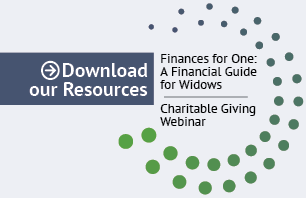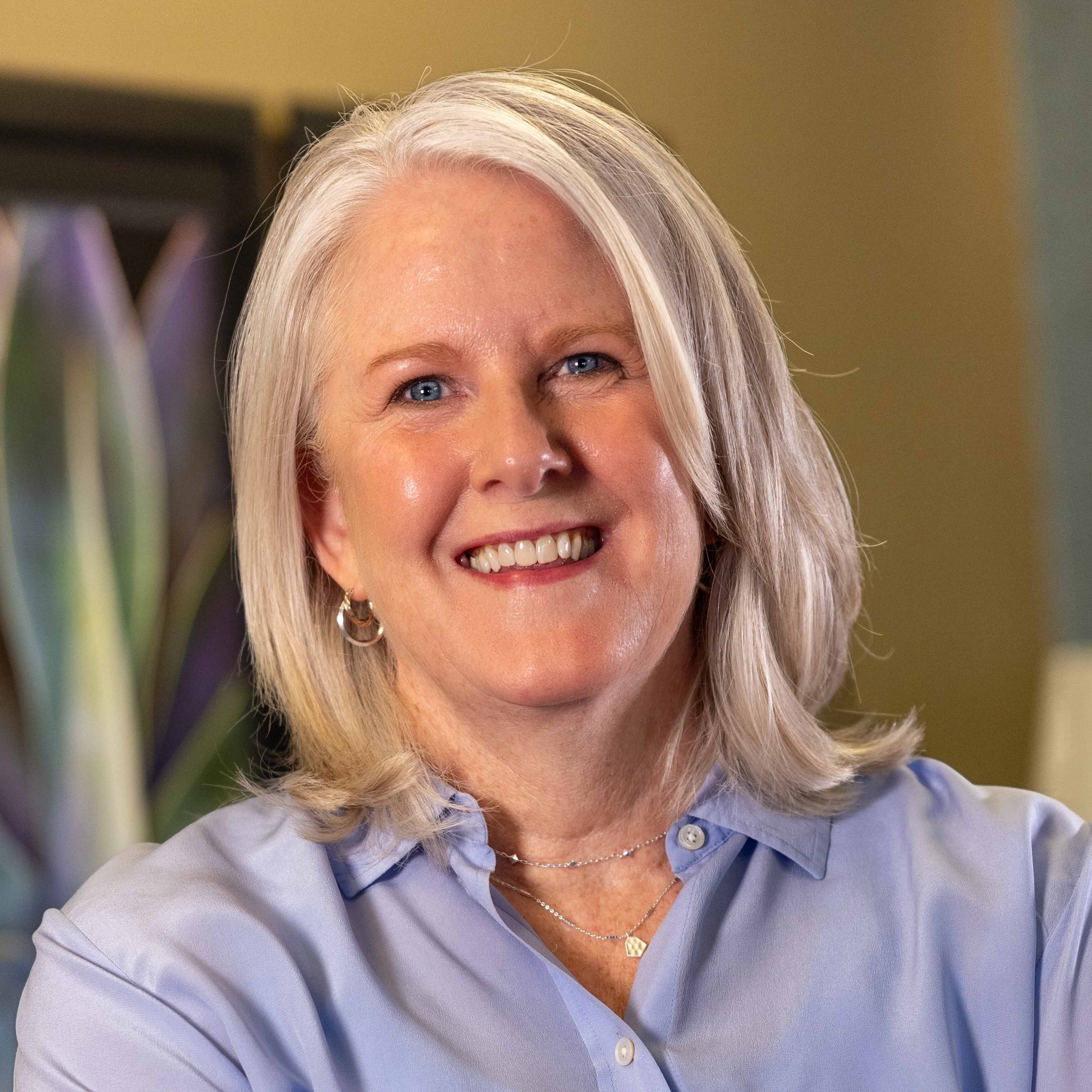 My sister in law is an Emergency Room nurse. Our conversations can be odd in that when I talk finance, she wants to cover her ears. When she talks medical, I do the same. Even though I often try not to listen to her stories, her words have gotten through and I’ve learned an important lesson. Life can be random and we never know when we are living our last day. It was she who taught me to always say “I love you” when one of my family members leaves the house. In fact, it’s become such a routine in our household our youngest will essentially shout “I love you!” as she flies out the door but won’t actually leave until she hears it said back to her.
My sister in law is an Emergency Room nurse. Our conversations can be odd in that when I talk finance, she wants to cover her ears. When she talks medical, I do the same. Even though I often try not to listen to her stories, her words have gotten through and I’ve learned an important lesson. Life can be random and we never know when we are living our last day. It was she who taught me to always say “I love you” when one of my family members leaves the house. In fact, it’s become such a routine in our household our youngest will essentially shout “I love you!” as she flies out the door but won’t actually leave until she hears it said back to her.
In my years as a financial advisor, I’ve noticed that in most households the finances are run by one person and the other spouse or partner isn’t as familiar with the financial details. This can work well in that we each gravitate to the chores we either like or are more comfortable with. When the person running the household finances dies first, this can create additional stress during an already difficult time.
 Be "In The Know" About Your Finances
Be "In The Know" About Your Finances
To alleviate anxiety, each spouse should be aware of their finances. Below is a list of nine things everyone should know before becoming a widow(er).
- Know your spouse’s wishes: A neighbor was telling me how their relative didn’t want a lot of pictures or memory boards at her funeral, but the people putting the service together didn’t know that and filled the space with photos. What does your spouse want for a final send off after death? Does he or she want to be an organ donor, donate their body to science, be cremated or buried? A traditional Irish wake and funeral or a celebration of life ceremony?
- Know where the stuff is: By “stuff”, I mean bills, investment statements, tax returns, estate documents, and insurance policies. Where is the paperwork located physically in your house? At what institution are the accounts located? What bank holds the safety deposit box? Where is the key? Many people have cash stashed in the house. Do you know the location?
- Know how to get in: “Get in” to online accounts that is. As the world becomes greener, more people are opting to forgo paper and go strictly online for banking and investing. Know the websites, user names and passwords. Don’t keep passwords online or have your internet browser “remember” them in case you are hacked. Save this information on paper and know its hiding place or consider a password service such as LastPass.
- Know about how much you spend each month: One of the first things a widow worries about is if they have enough money. It’s a hard question to answer, if you don’t know how much you spend each month. Have a general idea. Does the family spend $6,000 per month or $15,000 per month?
- Know how to get your hands on cash: Speaking of spending money, you will likely have to pay for funeral and memorial expenses shortly after your spouse’s death along with your regular monthly expenses. Investment accounts and bank accounts under your spouse’s name may be frozen. Know what sources you have for cash before the death certificate comes and accounts open up again. Credit cards in your name and bank accounts in joint and individual names can help during this time.
- Know how the bills get paid: There are many systems for paying bills. Be sure you know what system is in place for your household. Some people pay bills once or twice a month after the paper statements show up. Others receive statements online and pay bills from their bank using a bill pay service. Still others have automatic payment set up so the bills are paid directly from the bank account. You will want to know about how much the bills are and from which bank account they will be paid. You will need to know if the income that funds that bank suddenly stops being deposited, such as a paycheck. How will you pay the bills the first few months?
- Know what income will stop after your Spouse’s death: Obviously if your spouse was working his or her paycheck will stop. If your spouse was on Social Security, you will need to notify them. You might still receive this check if you qualify. If you both were on Social Security, the smaller check will stop. If your spouse was receiving a pension it is important to know if you will continue to receive that pension, and if so, how much will continue to come to you.
- Know who to call: I don’t mean Ghost Busters, unless of course your house is haunted. I mean, know who your financial advisor, tax preparer and attorney are. It’s a good idea to meet with them now so you can be comfortable later when you are asking questions in a stressful situation. And don’t forget to learn the name and number of the mechanic, handy person and cleaning person as well if you don’t already.
- Know how to maintain the house: How do you turn off the water? The electricity? Clean the furnace filter? Who can you call to help you with maintenance and repairs?
As they say, Life is Terminal. Most likely we won’t die at the same time as our partner. If you aren’t the one in charge of the family finances, you owe it to yourself to learn the basics. If you are the one in charge, be sure to say “I love you” even after death by making sure to teach your spouse the minimum they will need to get along after you’re gone.




